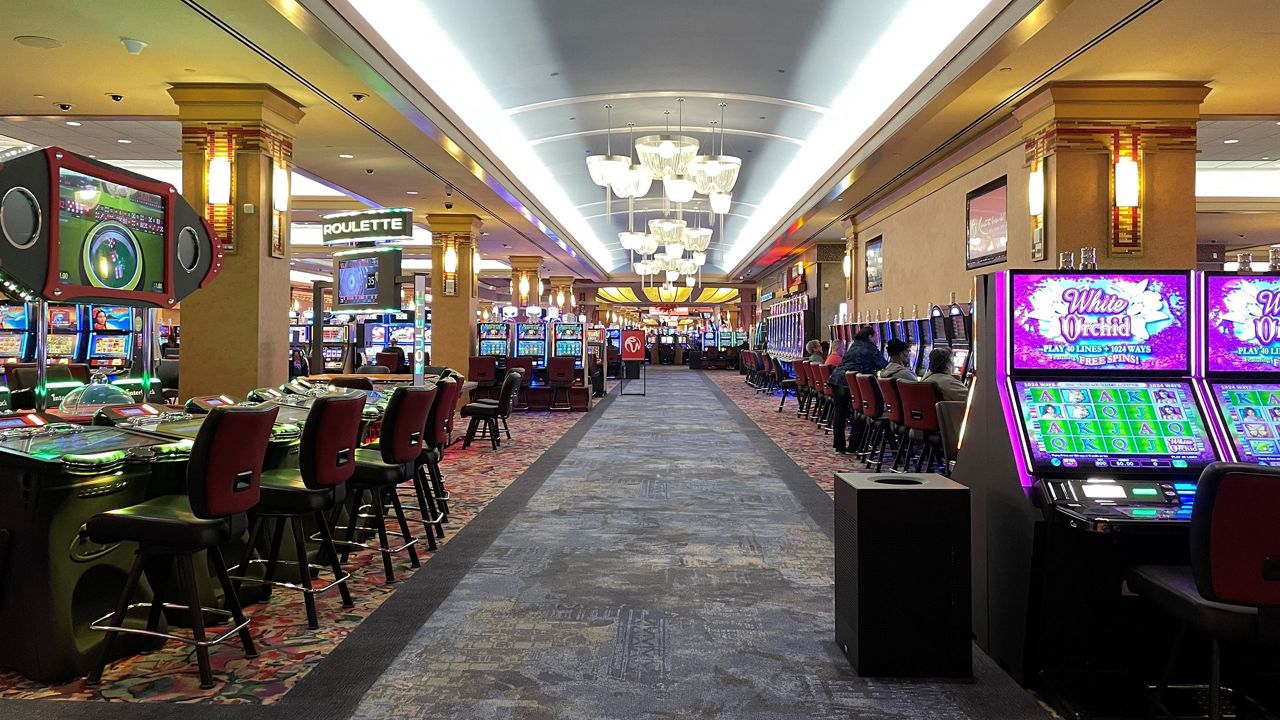When we think of gambling games, the initial images that often cross our minds are those of rotating wheel wheels, poker tokens clinking on felt tables, and cubes rolling across a betting surface. While numerous consider these activities as mere hobbies fueled by chance, a deeper exploration reveals a captivating blend of tactics, skill, and community engagement that elevates them well beyond simple luck. Whether you are a seasoned player or a inquisitive newcomer, grasping the nuances of these games can greatly enhance your enjoyment and understanding.
Gambling games have evolved over centuries, with different cultures contributing to their diverse histories and variations. From the intricate strategies of blackjack to the deception methods in card games, players engage in a contest of intellect as much as a risk on numbers. This exciting interplay between chance and expertise creates a thrilling atmosphere that draws countless people to casinos worldwide. As we delve into the realm of table activities, we will reveal the strategies that can tilt the odds in your advantage and the social elements that make these activities a popular choice for leisure and engagement.
A Approach of Casino Games
Table gaming often combine a mix of ability and luck, making them fascinating for participants who enjoy a test. Each title has their own set of rules and tactics that can affect the results. For example, in games like 21, players are required to use strategies like counting cards and understanding the probabilities to make smart decisions. This skill set can significantly improve the winning potential, differentiating experienced players from novices who may depend entirely on luck.
In contrast, games such as the roulette may appear to be entirely based on chance, but strategic thinking can also play into the equation. Players can choose between different betting strategies, such as the Martingale system, in which they raise the bets after a loss. This method can create a more methodical approach to the game. Grasping the odds of specific bets can also help players make better decisions on the table, demonstrating that even titles of luck, strategy can enhance the enjoyment.
Furthermore, poker is notable as a title that heavily emphasizes strategy. Unlike most casino games, poker combines skill, mental acuity, and luck. Players must also concentrate on the cards they are given but also take into account their rivals’ behavior and betting patterns. Mastering principles like position, pot odds, and reading bluffs is crucial for success. This complexity of strategy in the game of poker often leads to a more engaging experience for participants, as their choices and skills significantly impact the match’s outcome.
Grasping Likelihood and Odds
In the domain of casino games, probability and ratios play a critical role in determining a player’s possible consequences. Every game has its own set of principles that dictate how the chance of succeeding or losing is measured. For instance, in games like blackjack, participants have a chance to affect their odds through planning, whereas in matches like roulette, the outcomes are entirely dictated by luck. Understanding how these chances are calculated can substantially affect how a gambler tackles the match.
Odds are typically presented in two forms: fractional and decimal. Ratio odds indicate the proportion of the sum won to the amount bet, whereas decimal ratios show the overall payout for a successful wager, including the stake. For example, if a game has odds of 5 to 1, this means that for every one unit staked, a player could gain five units if they win. Understanding how to interpret these ratios enables players to evaluate their potential winnings and formulate more informed choices during play.
Gamblers should also be aware of the house edge, which is the casino’s built-in advantage over the players. Each match has a different house edge, and understanding this idea is essential for handling one’s hopes and bankroll. Games with a lower advantage, such as blackjack and baccarat, typically offer better ratios for players compared to activities like slot machines and keno. By understanding the relationship between chance, odds, and the casino advantage, players can improve their gaming experience and strategize more efficiently.
The Aspect of Table Gaming
Table games at casinos are often seen as a hub of community engagement, bringing players together in a shared experience that extends far beyond the mere act of gambling. The atmosphere at a poker table can be vibrant, with players engaging not only with the game itself but also with each other. Joy, cheers, and, occasionally, friendly banter create connections that improve the overall enjoyment of the gaming experience. BK8 bet This communal aspect can turn a solitary endeavor into a dynamic social event, making table games particularly appealing.
One of the intriguing elements of table gaming is the way it cultivates friendship among participants. Whether it’s collaborating to defeat the dealer at a dice table or exchanging tales between hands in a card game, the environment encourages communication. Participants often share tips or tactics, creating a sense of community that boosts the fun. This social dynamic can make new gamblers feel included and less intimidated by the competitive nature of gaming. As the game continues, friendships may form, leading to a sense of belonging that keeps participants returning to the table.
Moreover, the social aspect of gaming at tables extends outside just the participants. Casino staff play a crucial role in encouraging interaction and maintaining the flow of the game. Their ability to engage players with warm dialogue and their expertise in running the table can create an inviting atmosphere. This connection between participants and dealers adds another layer of enjoyment, where gamblers feel bonded not only to each other but also to the staff. Such interactions are often what make the experience memorable, as participants leave with stories to tell and relationships made, reinforcing the notion that table games are truly about more than just chance.

